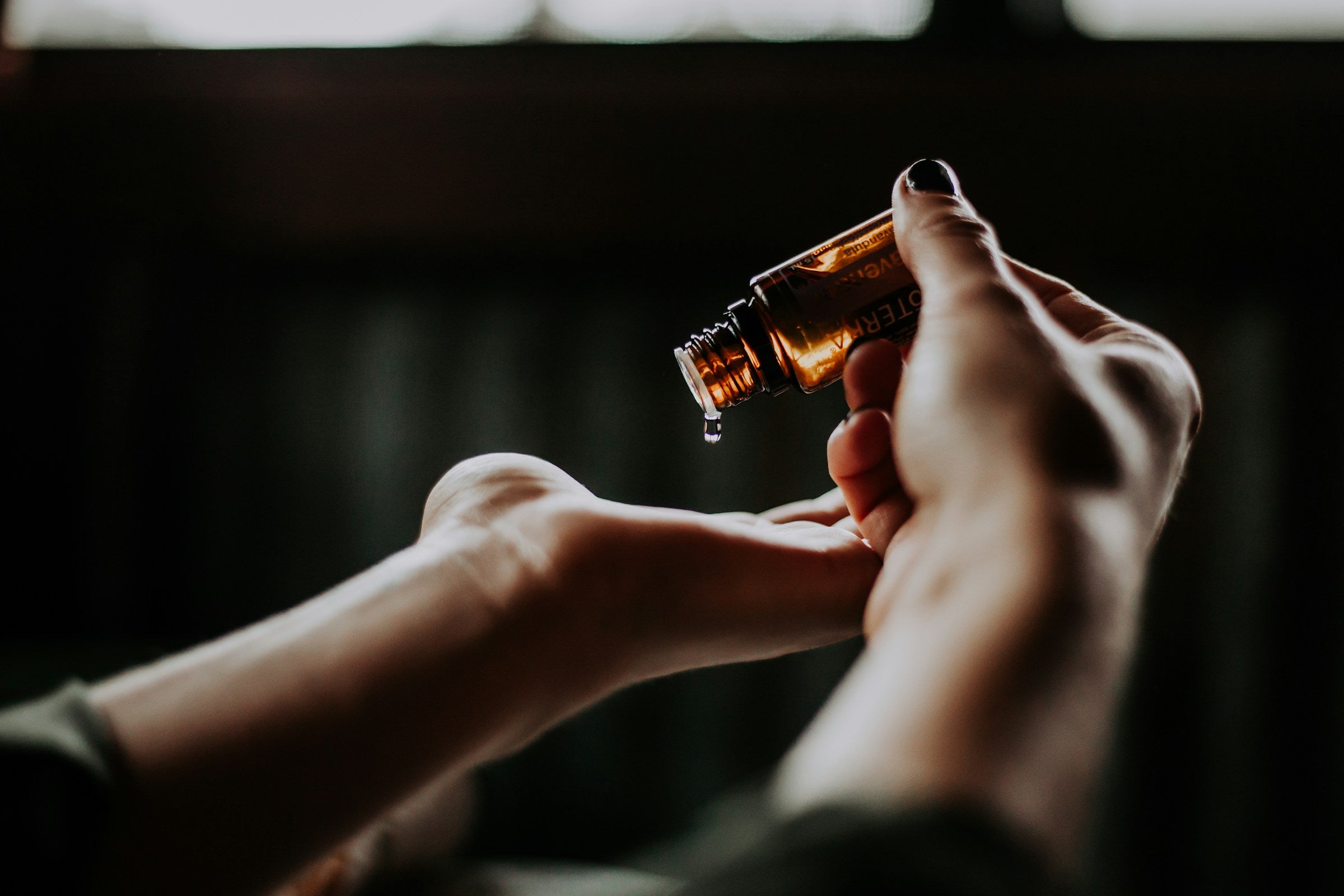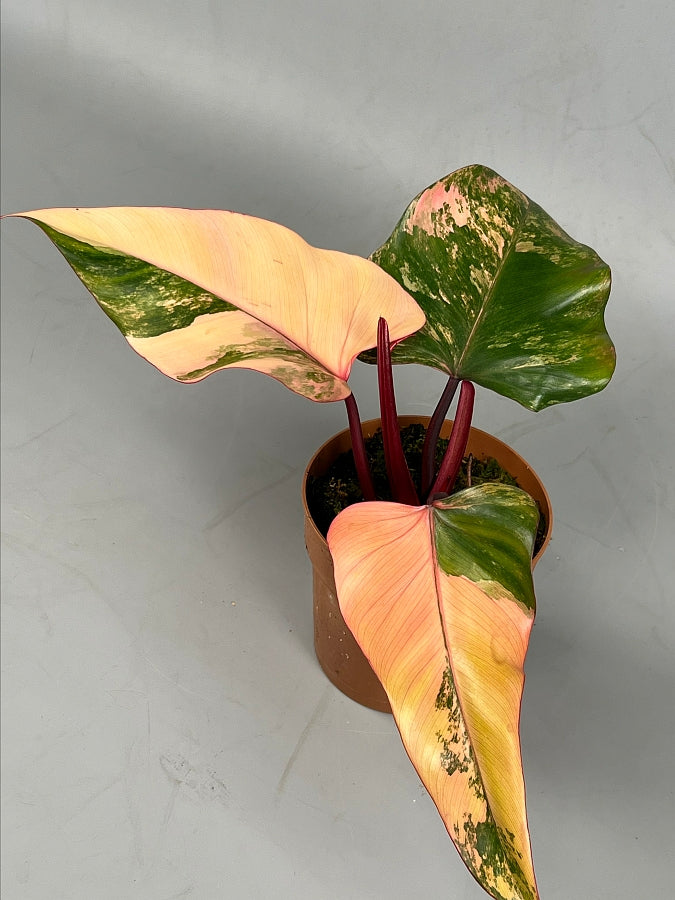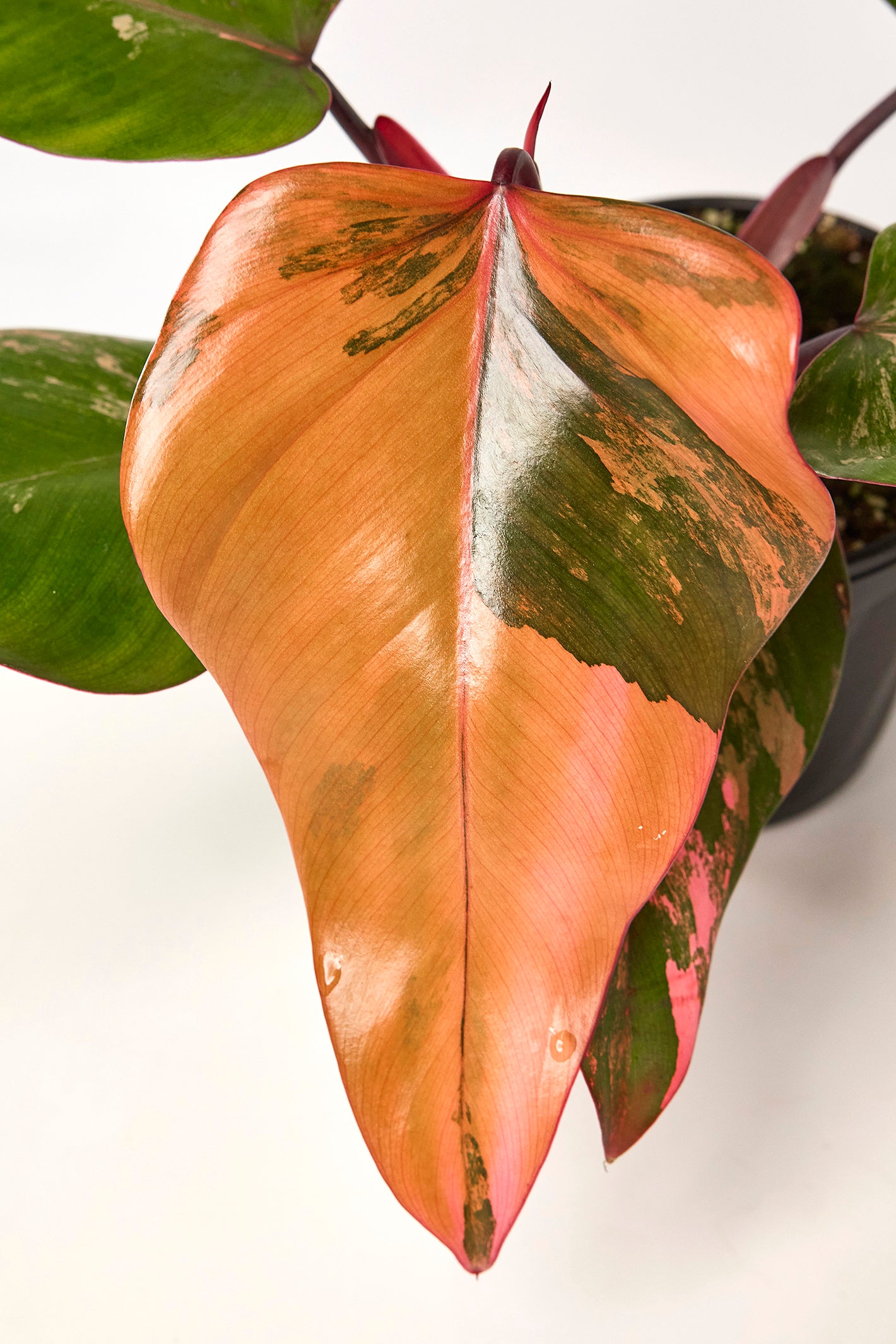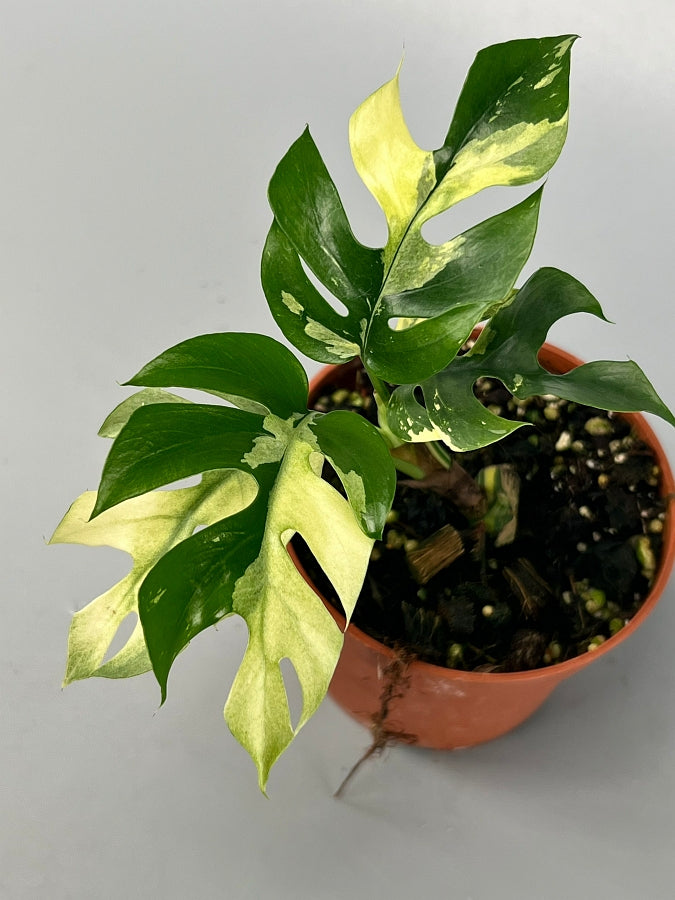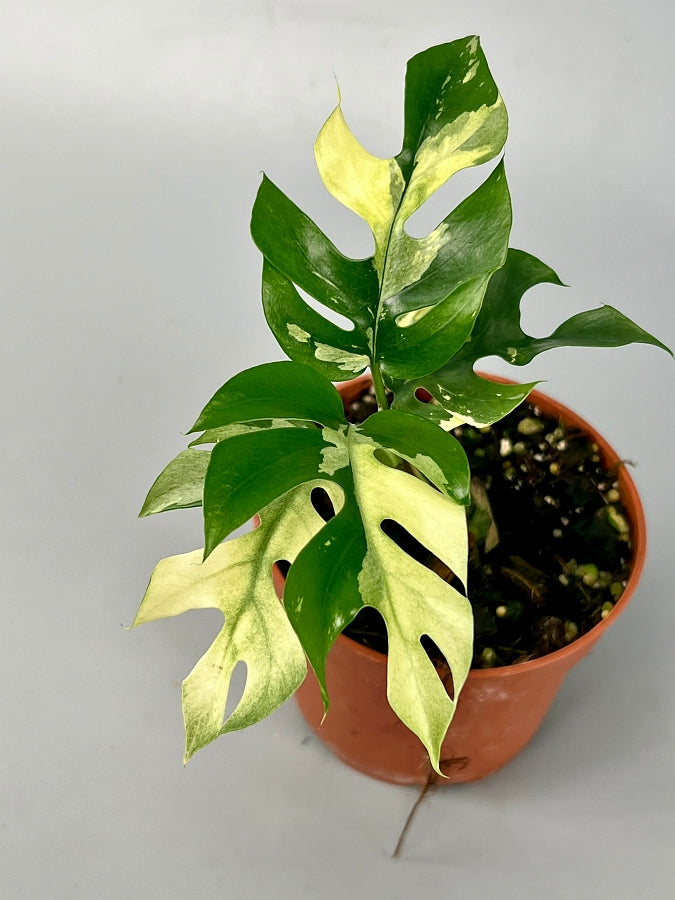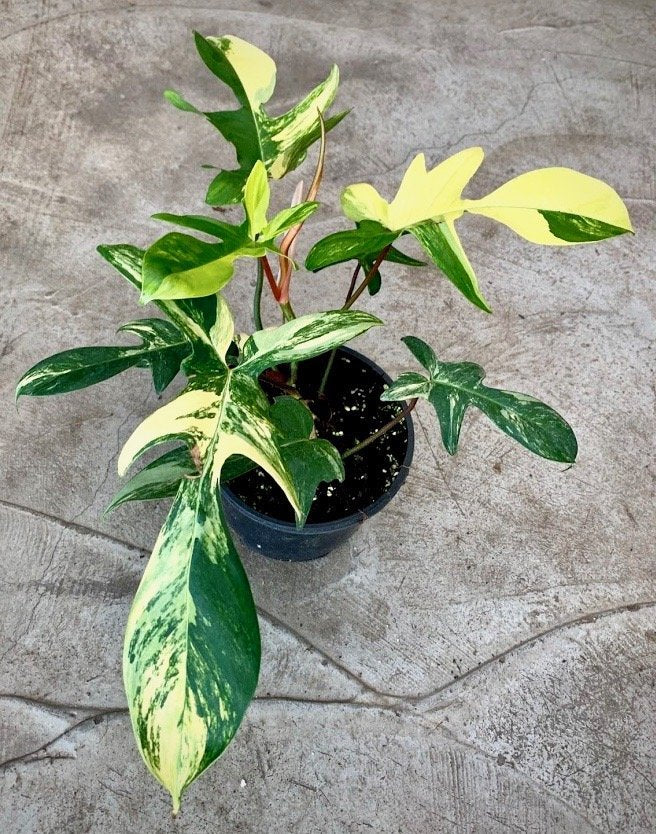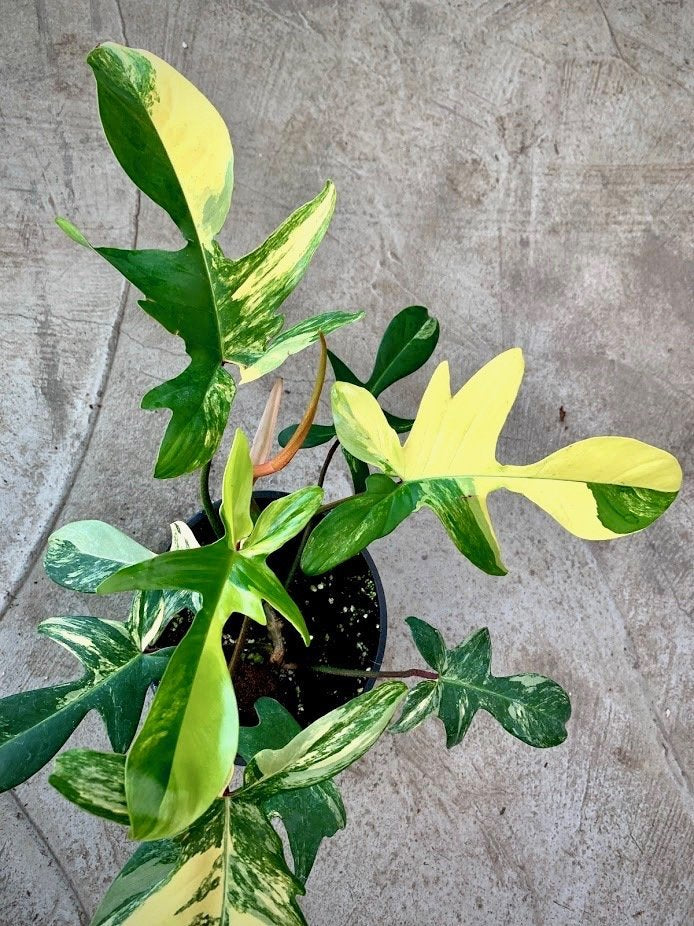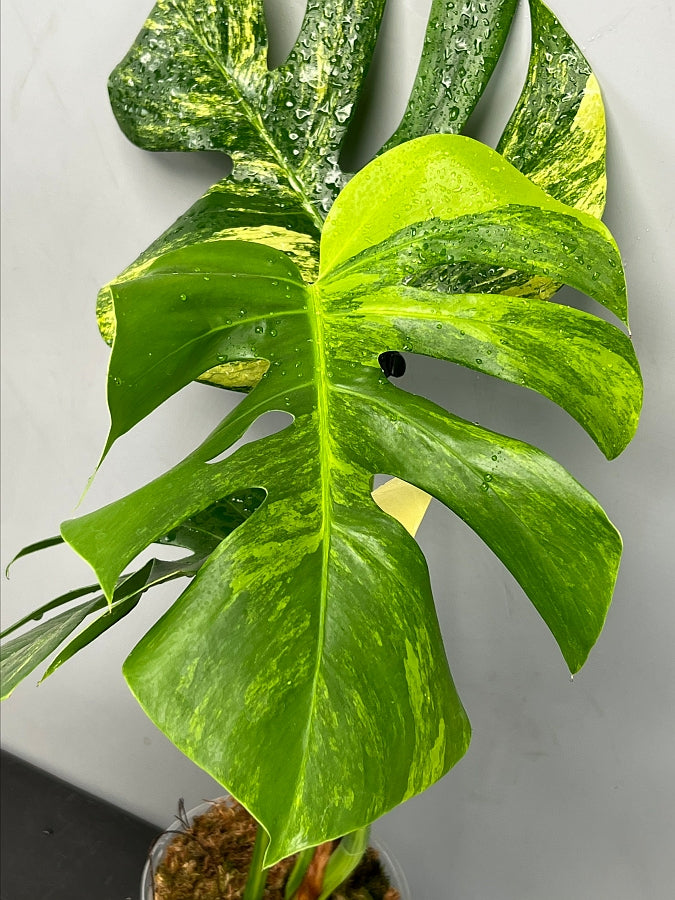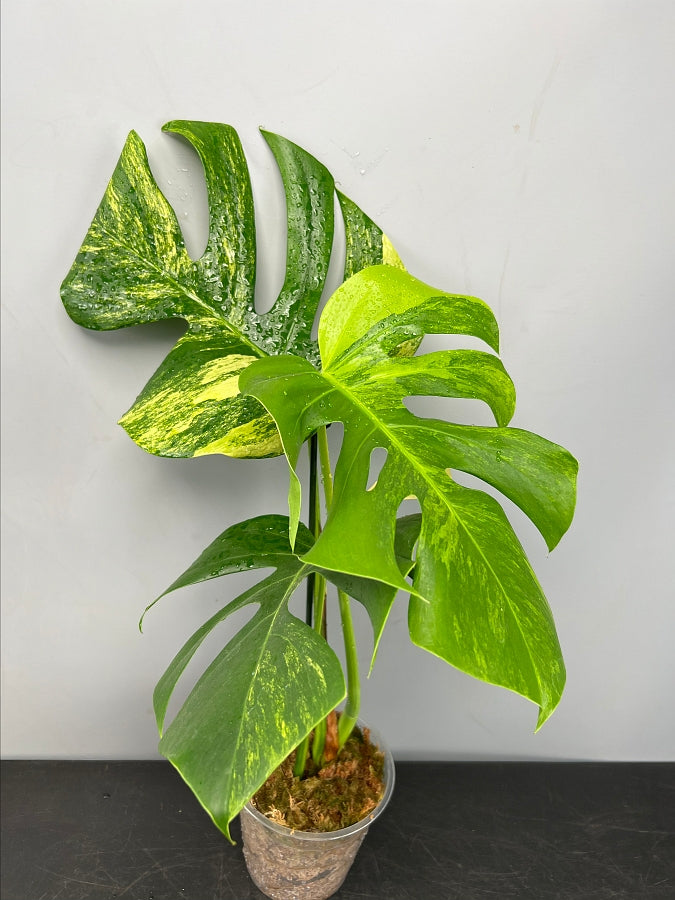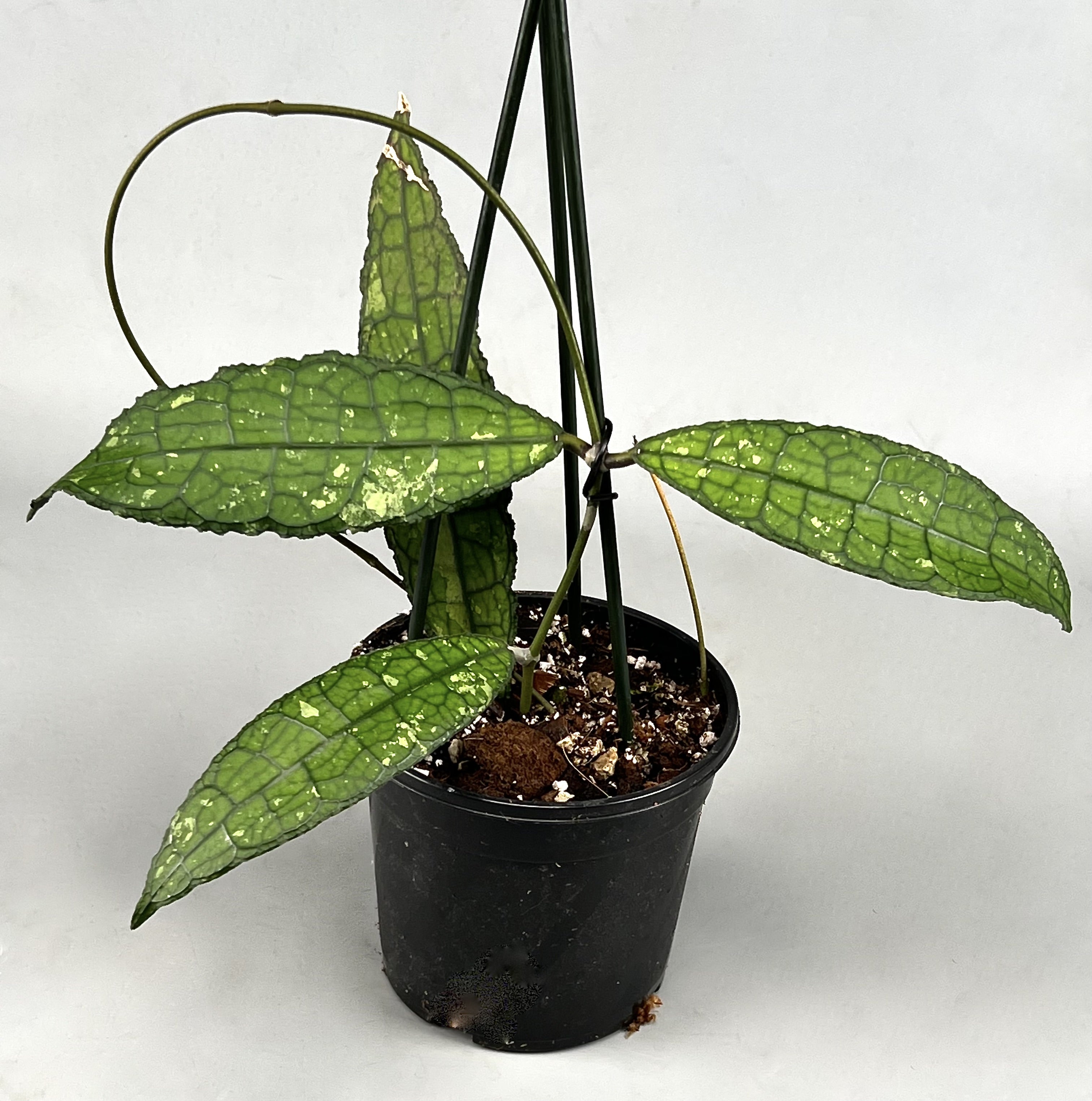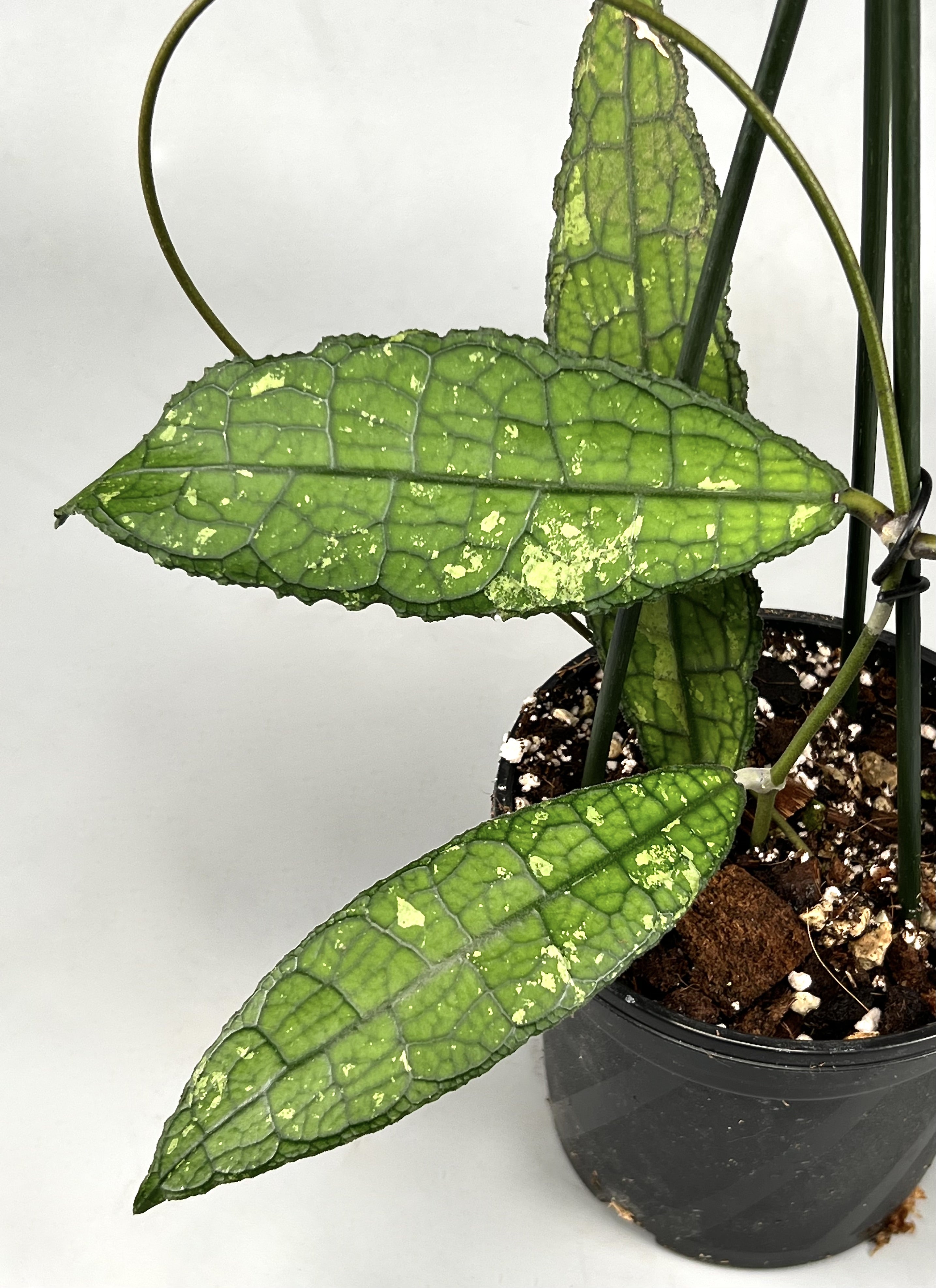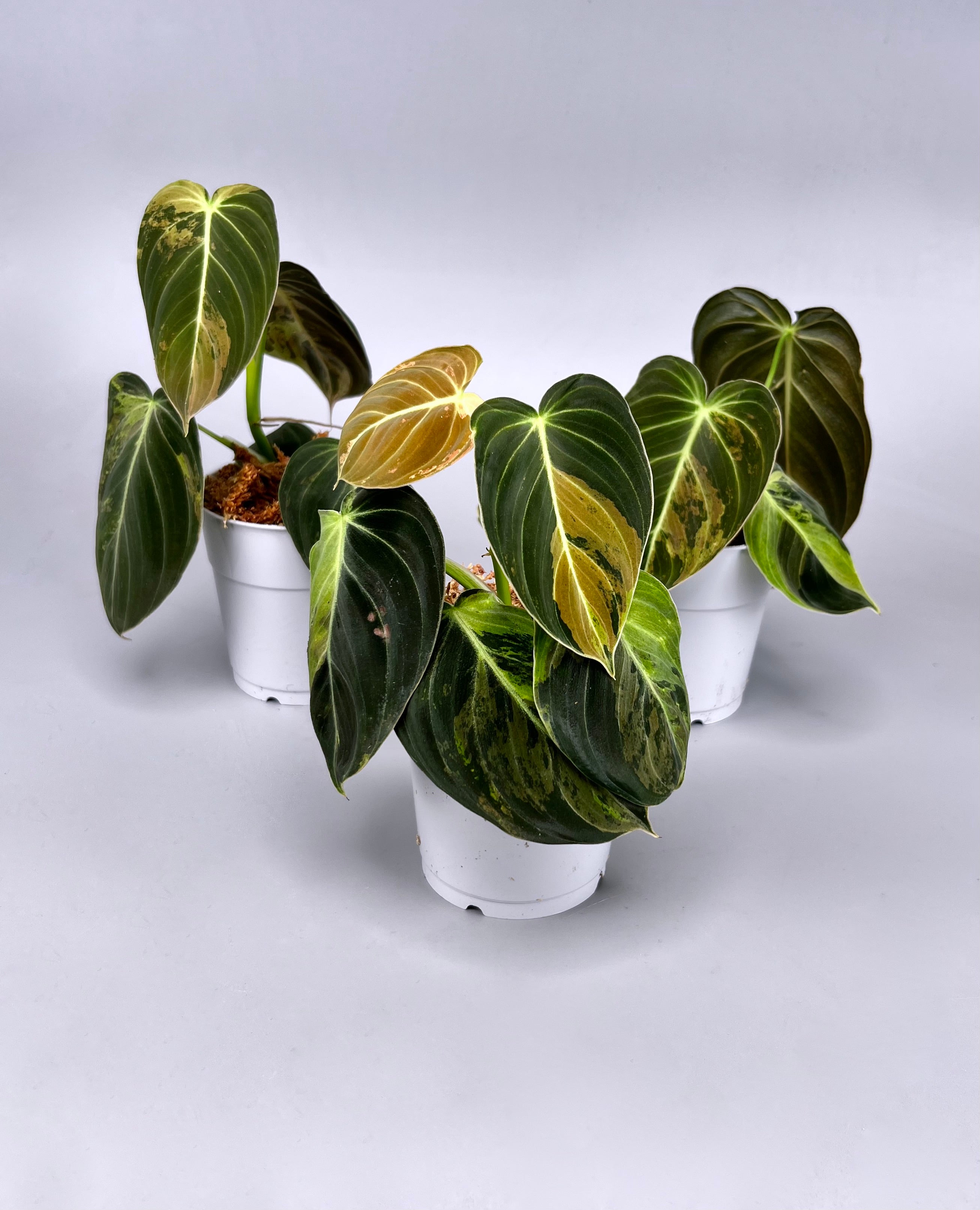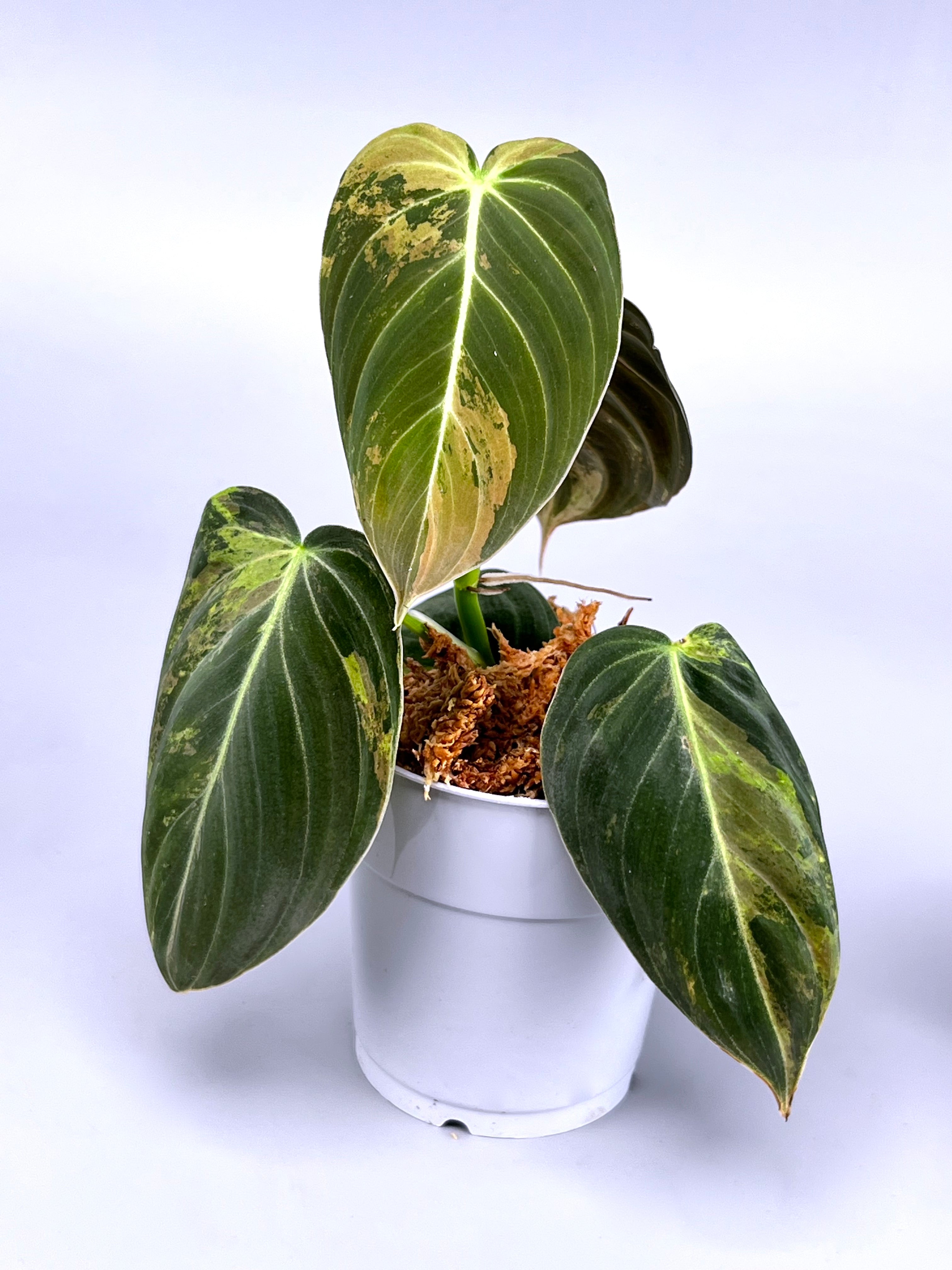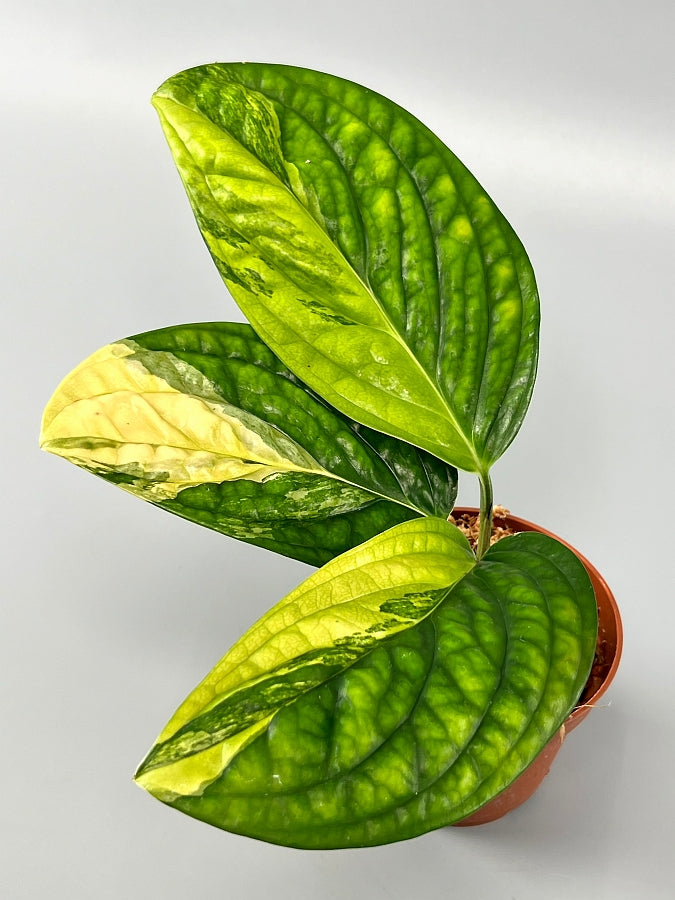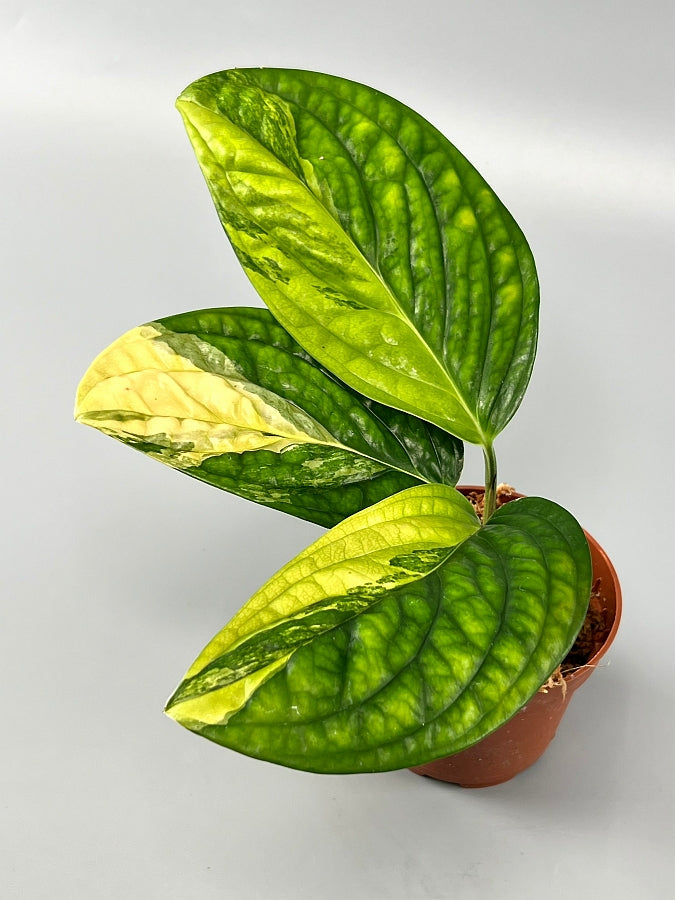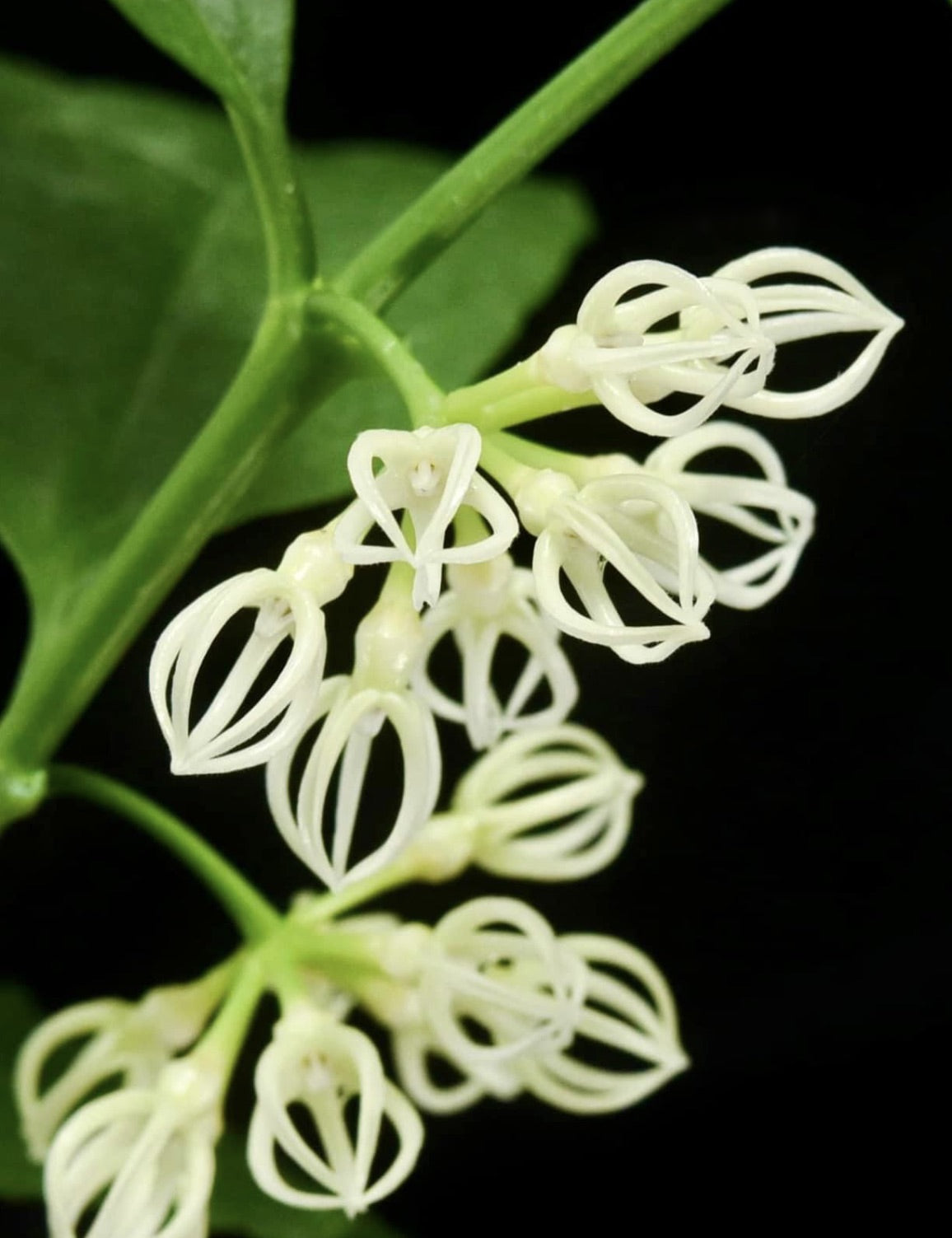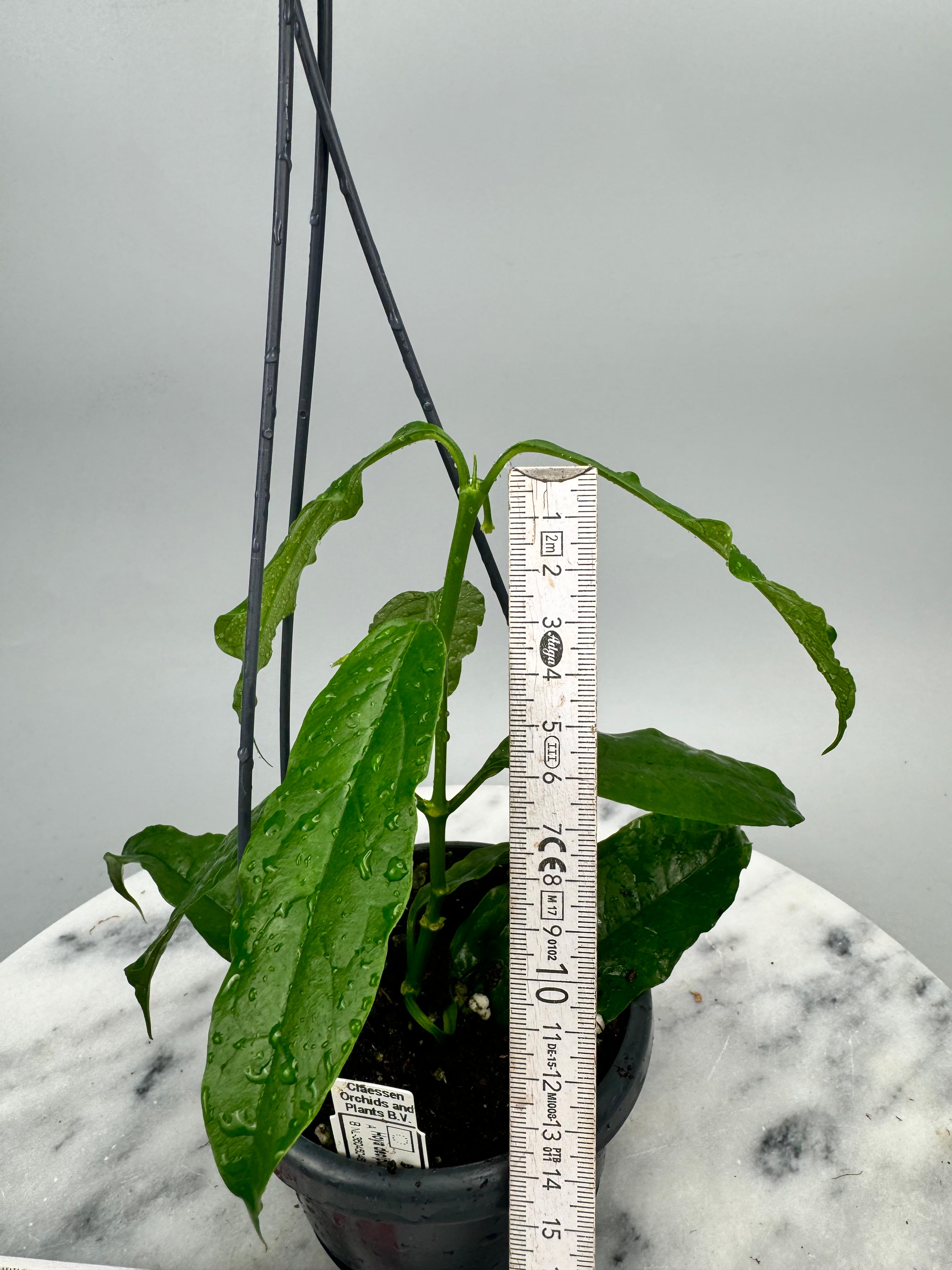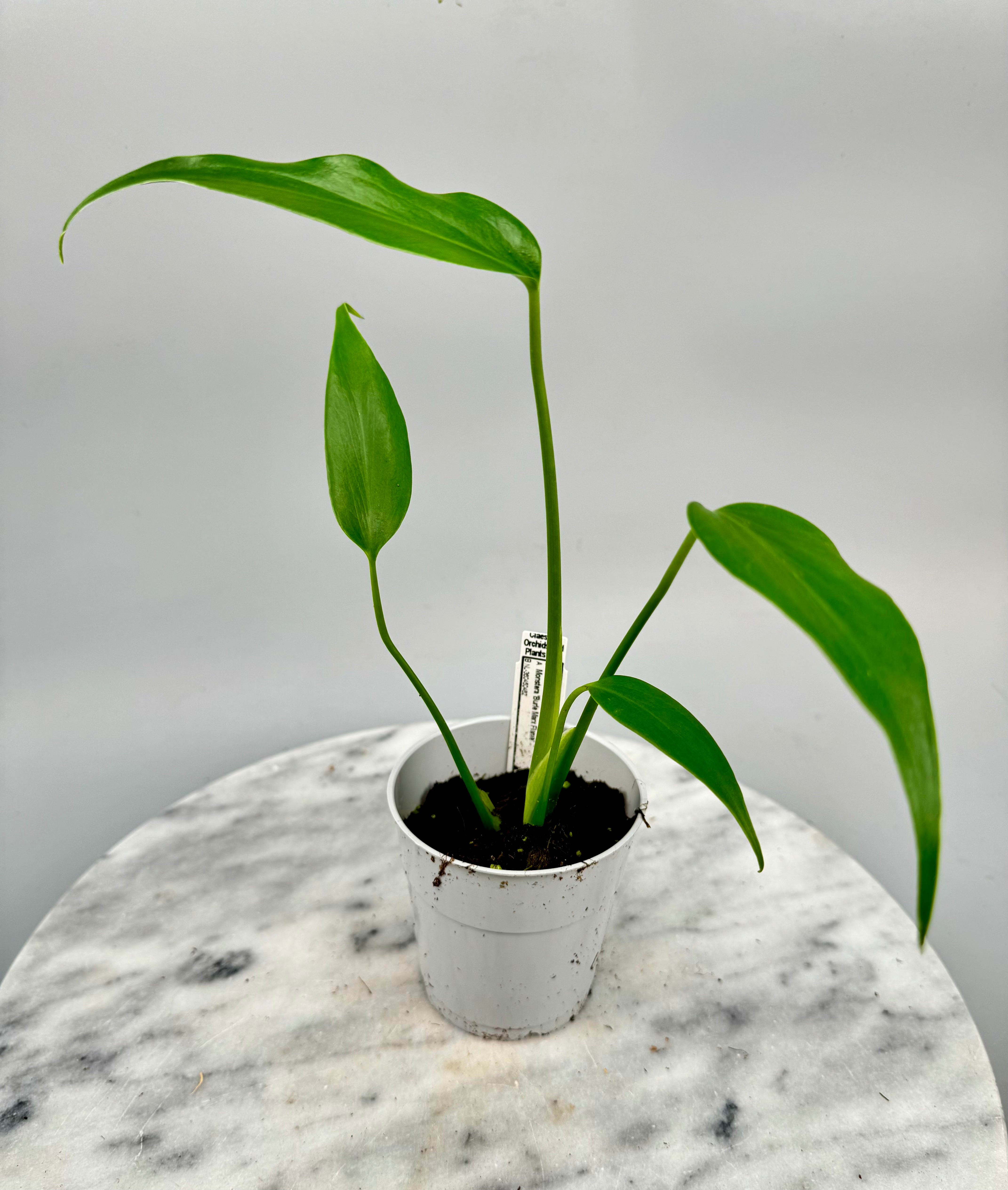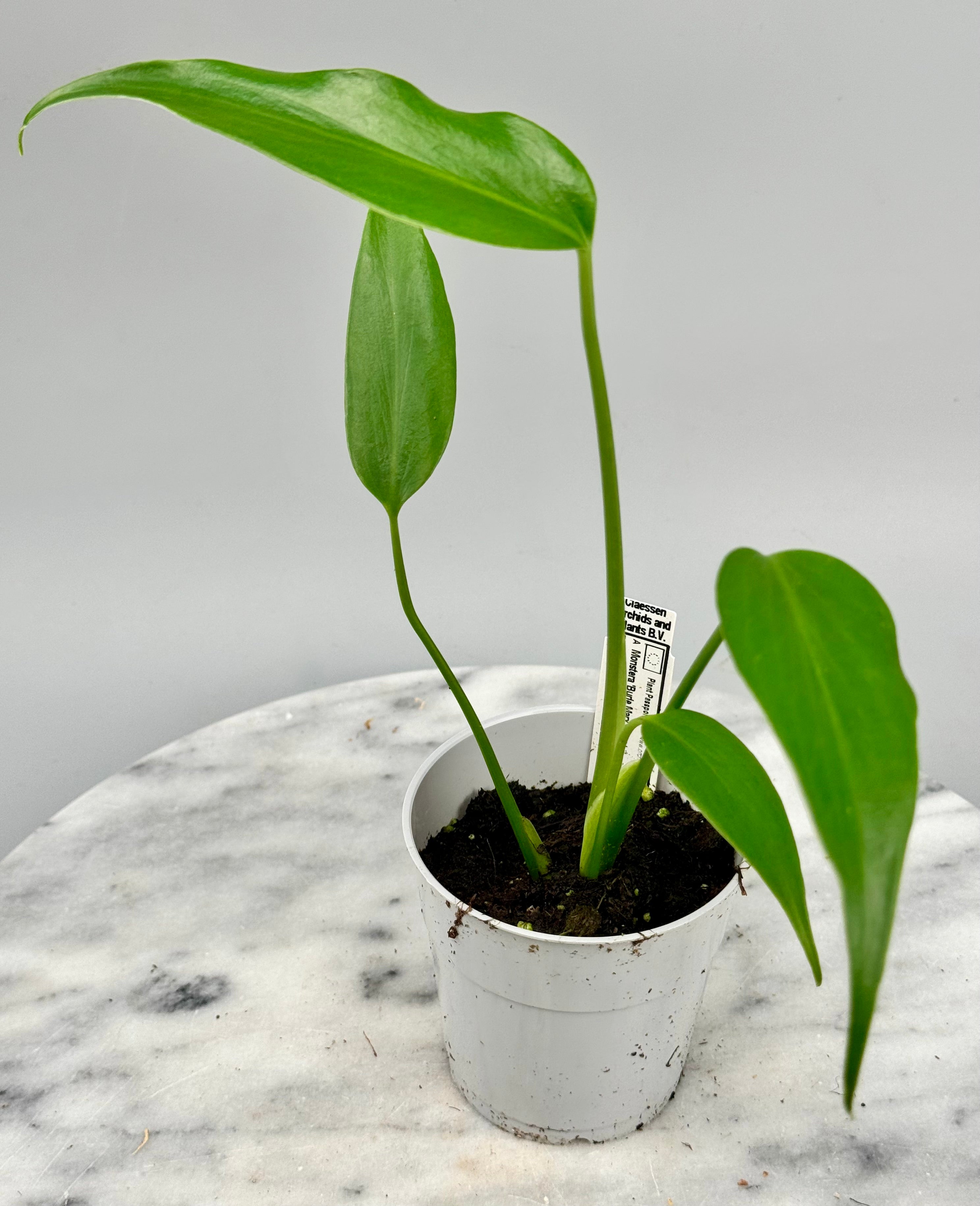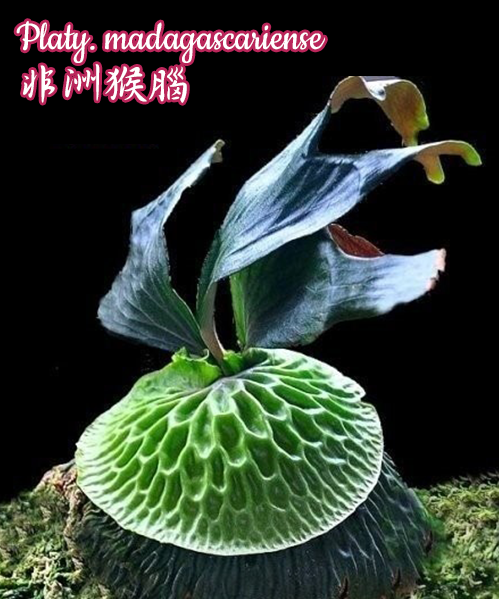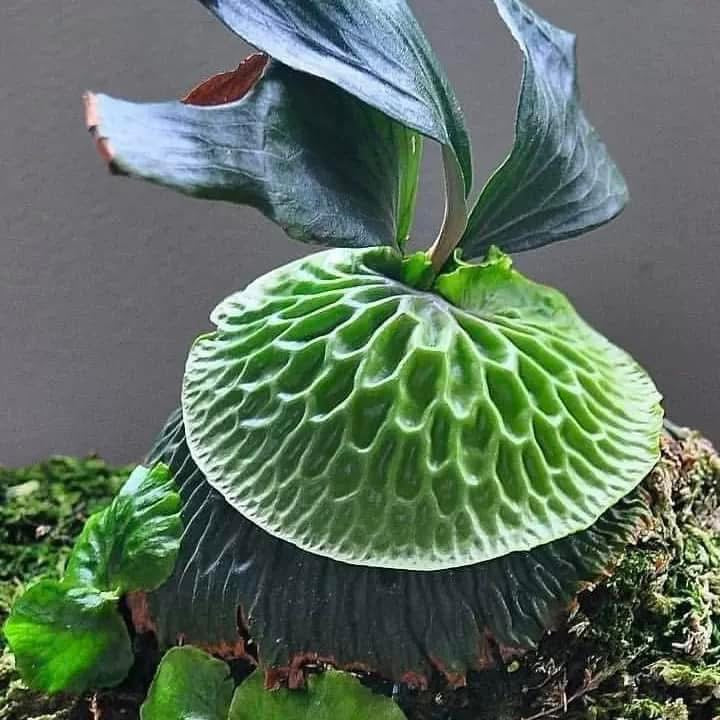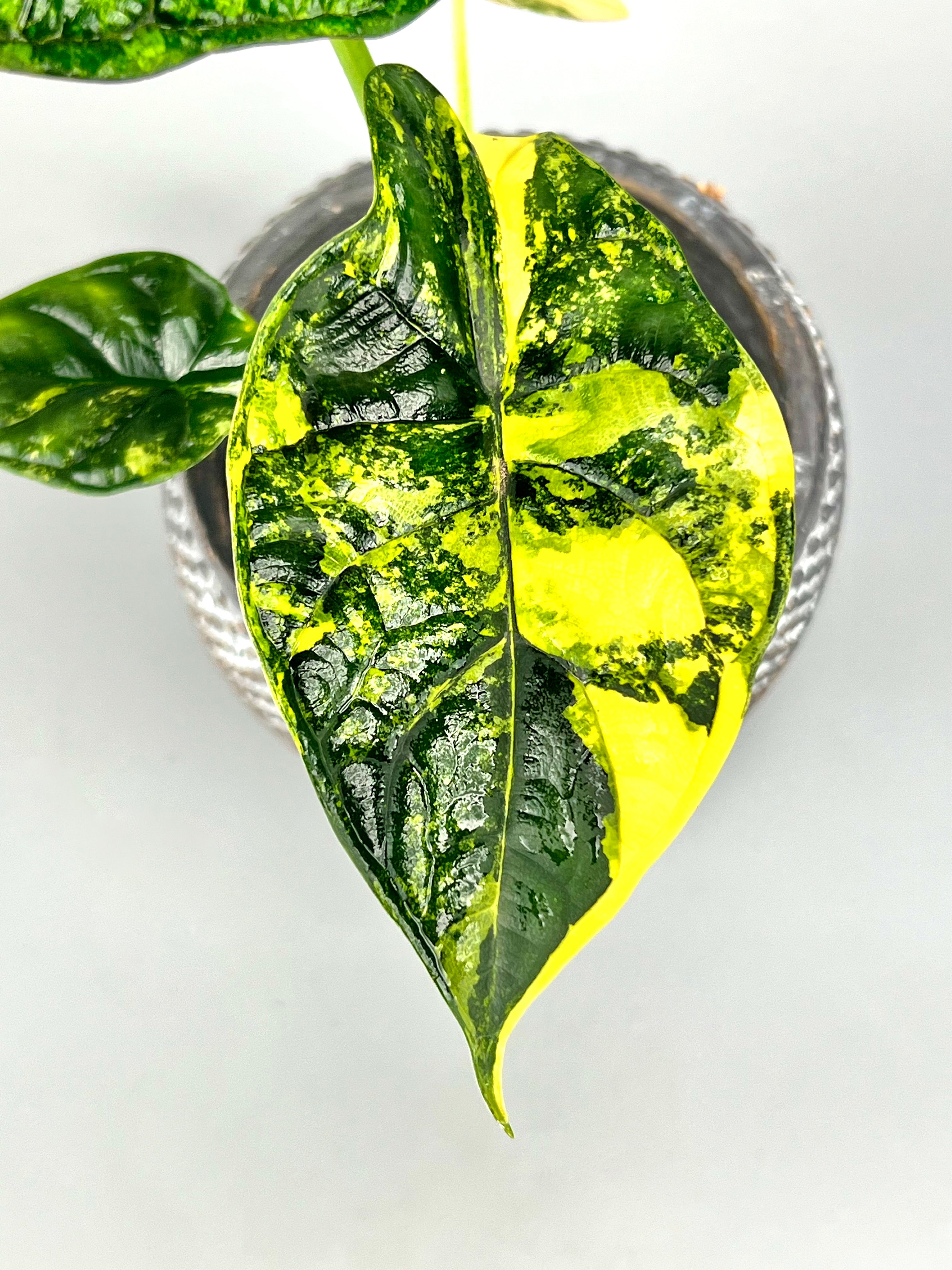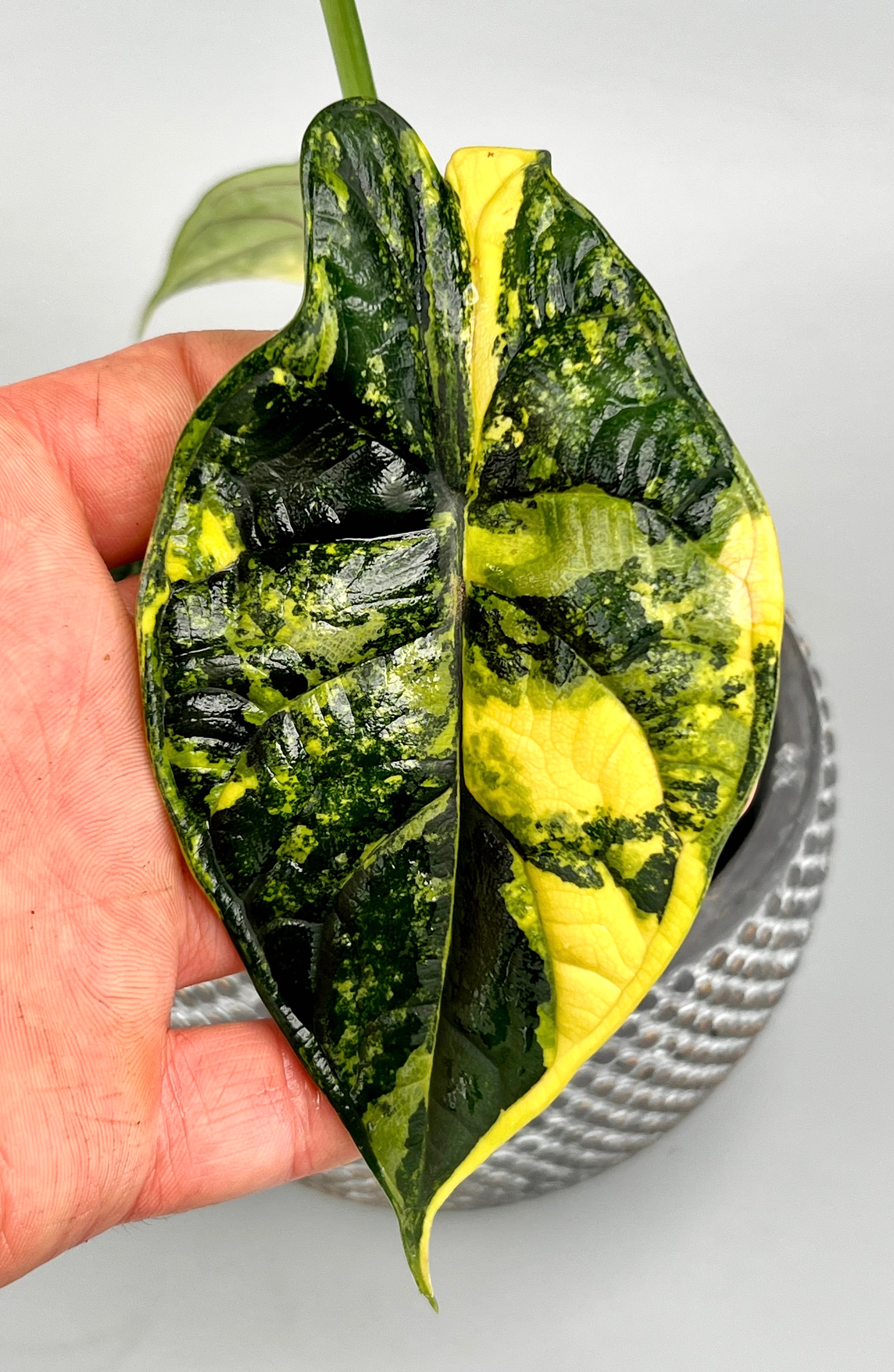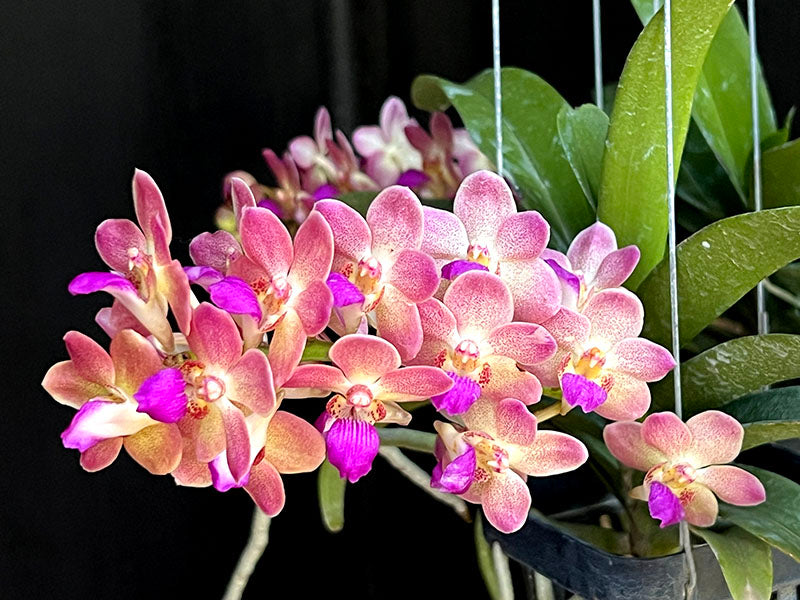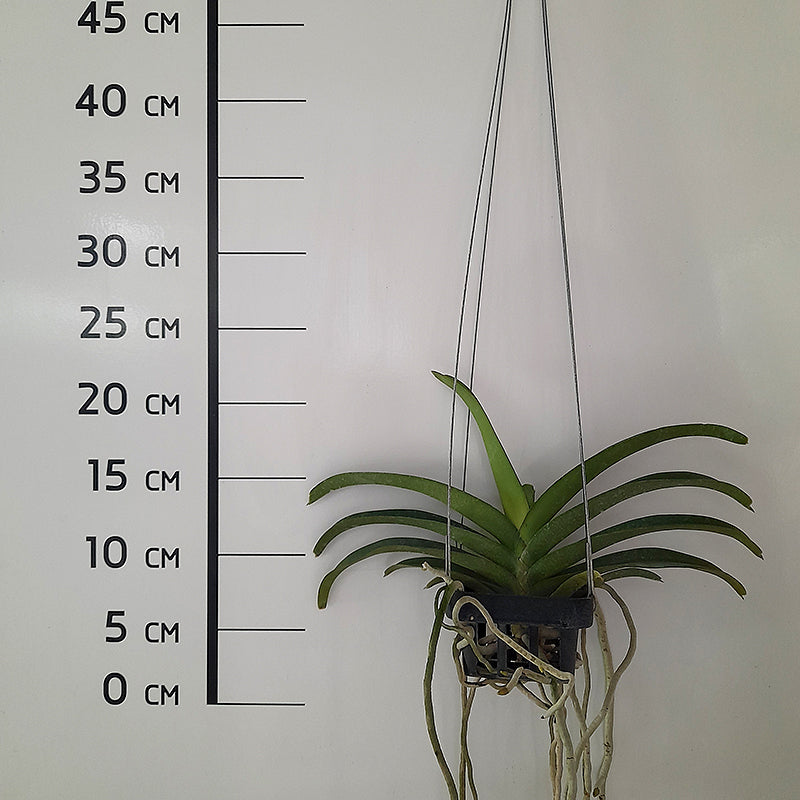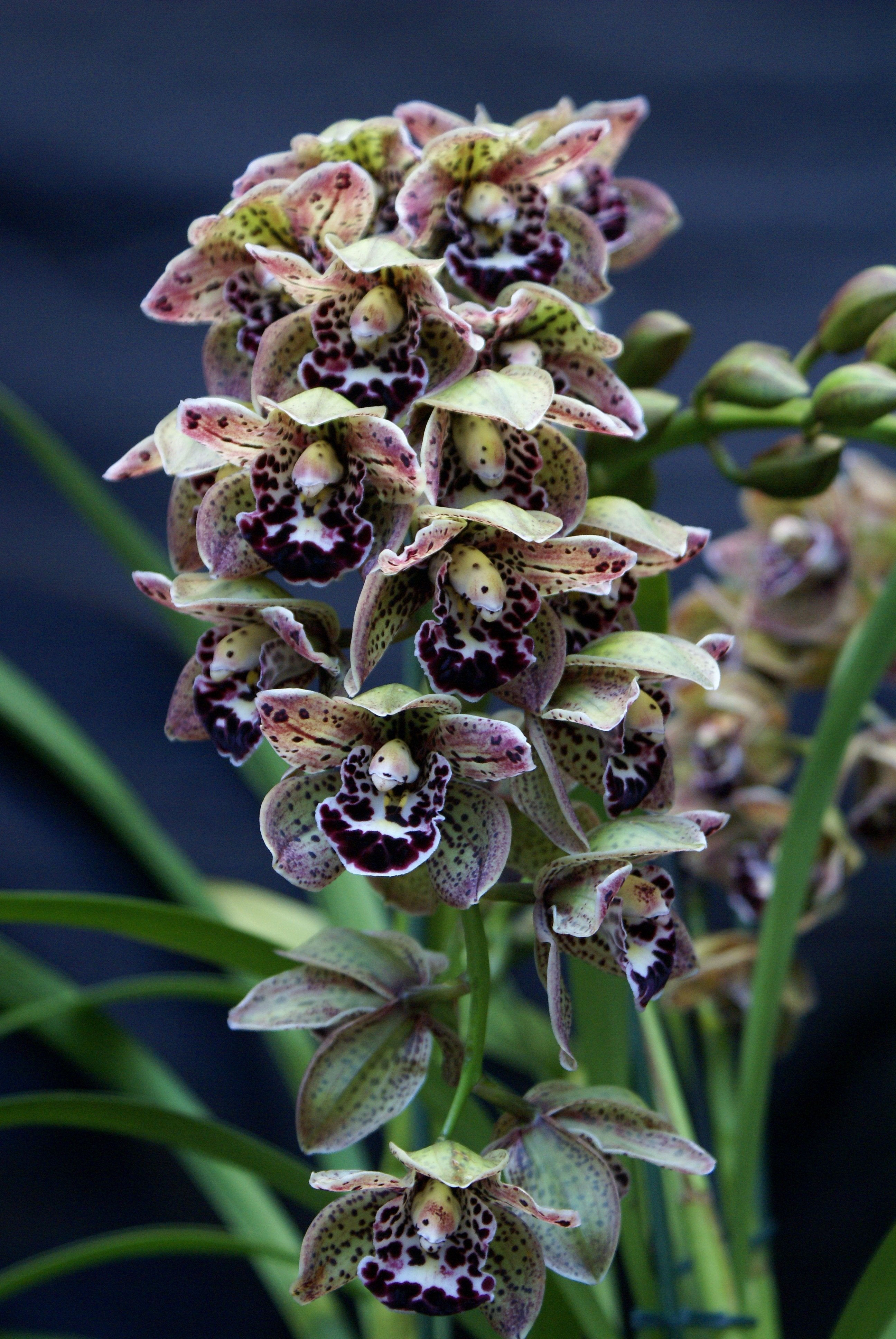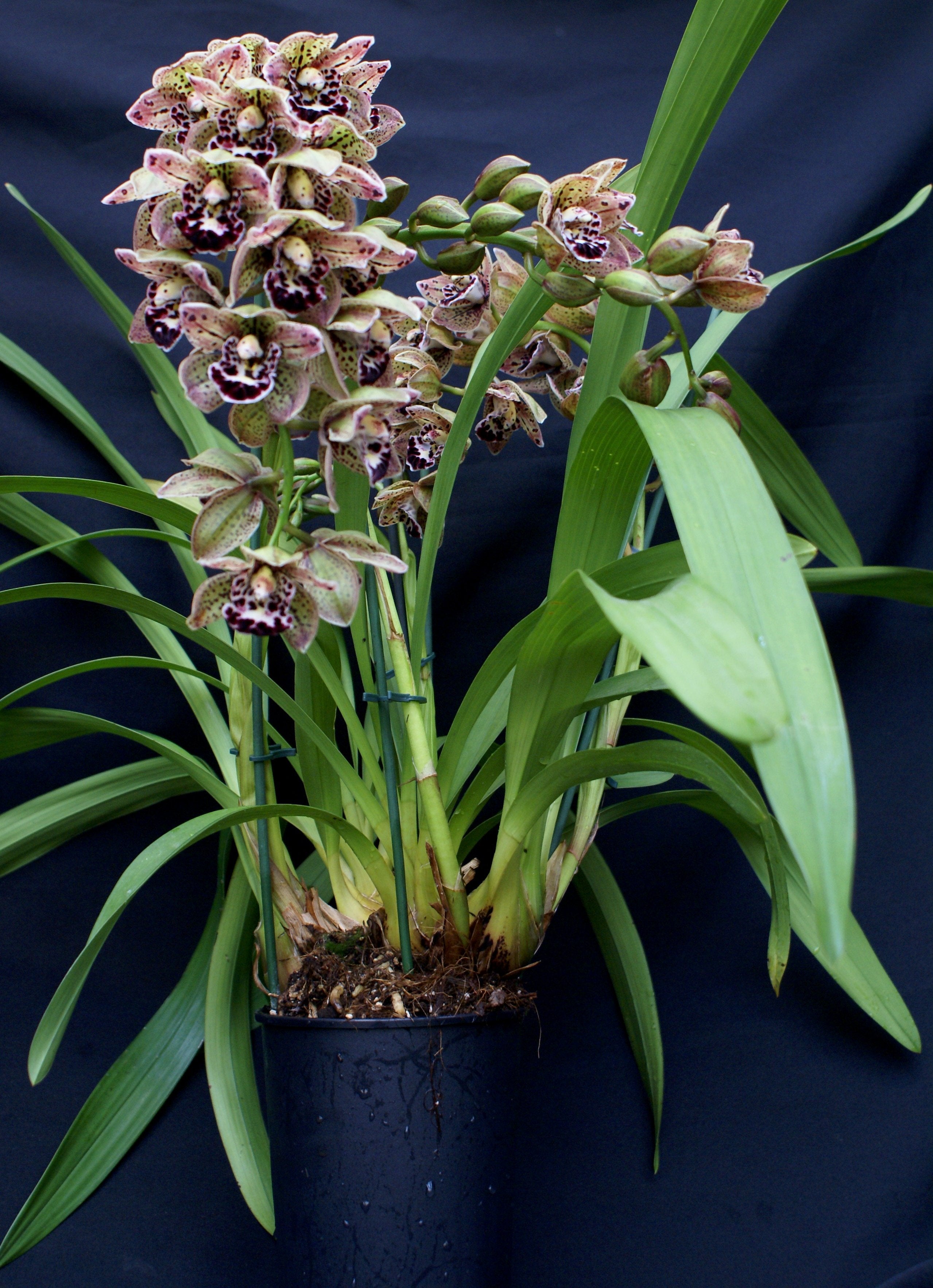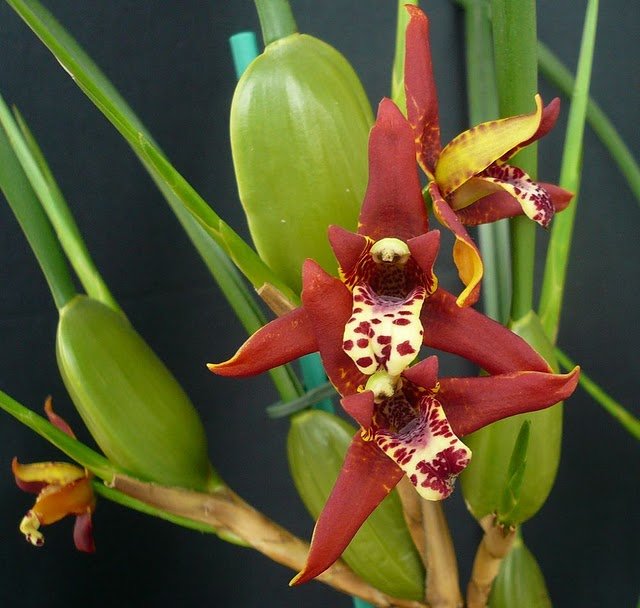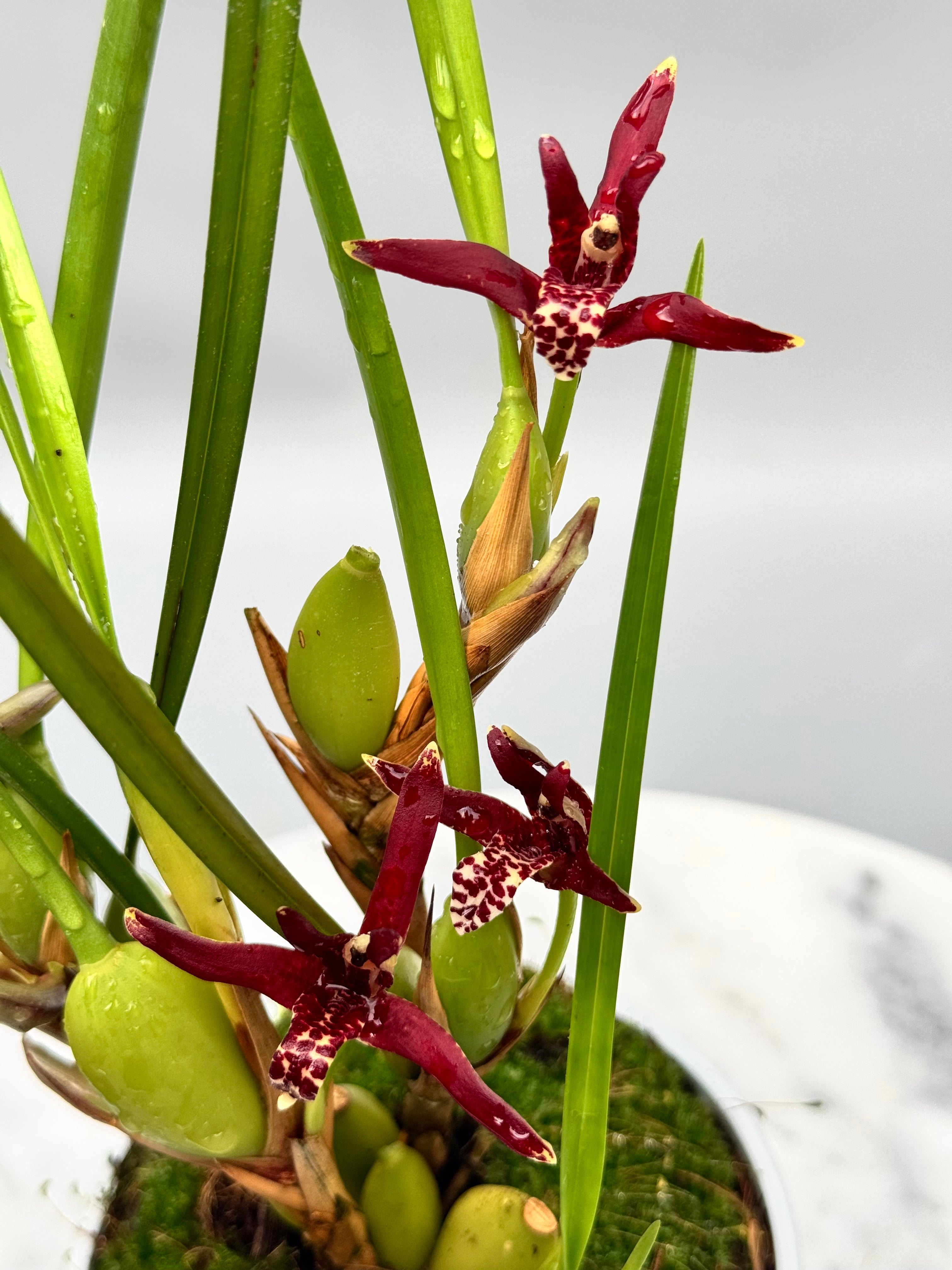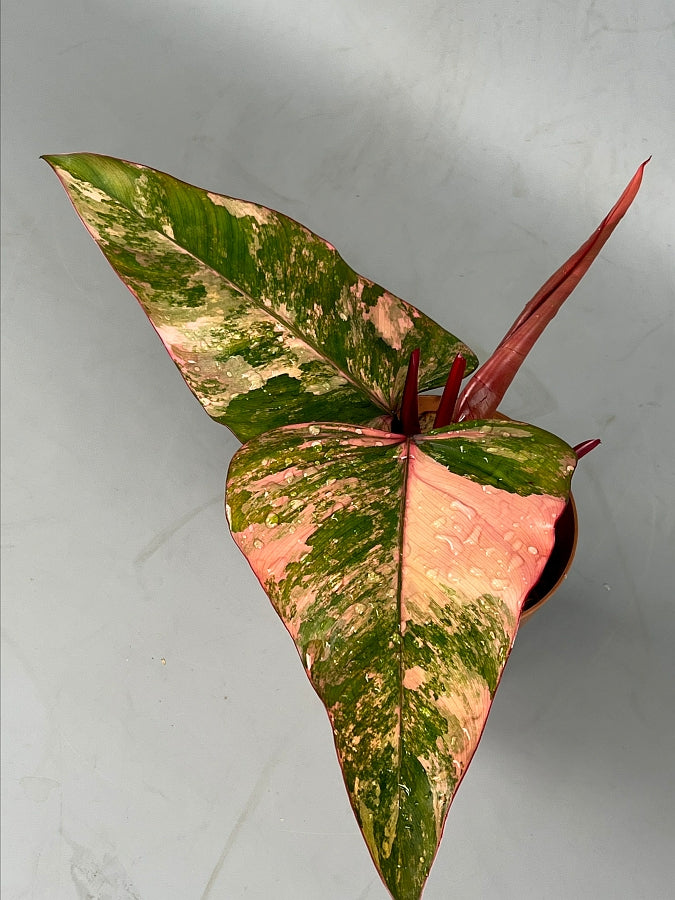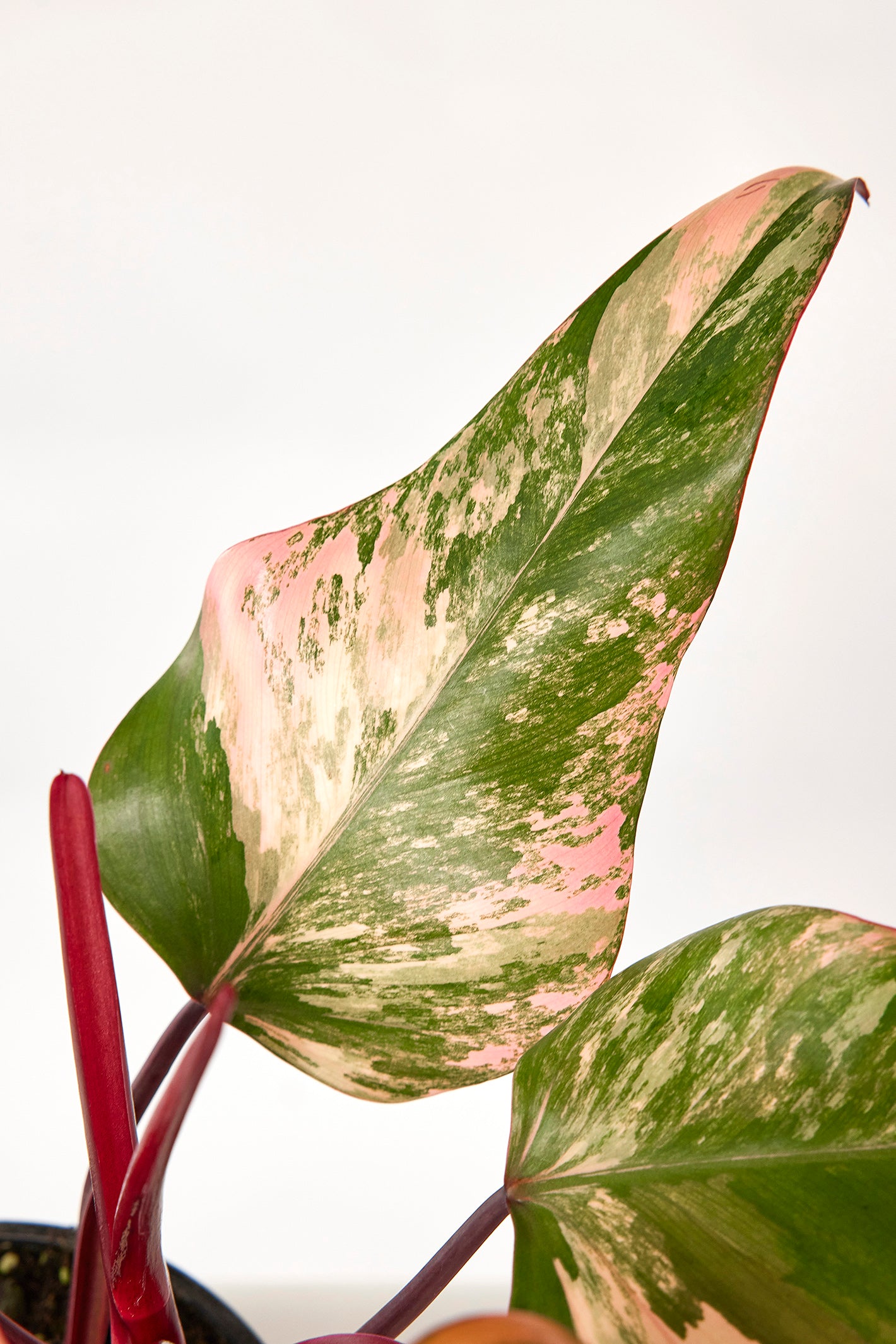More and more people on plant forums and in facebook groups are talking about the usefulness of neem oil on plants. More and more people are waxing lyrical about this remedy and its various uses. But what is it and why should you also use it on your houseplants?
Insecticide
Neem oil helps fight against a wide range of insects, such as whiteflies, mites, thrips, beetles and aphids. It disrupts the hormonal systems of these pesky creatures. This prevents them from feeding, reproducing or molting.
Fungi
Neem oil is also effective against fungi on plants. Mildew, rust and other fungal diseases are controlled or prevented in a relatively easy way.
Organic
Neem oil is very popular with nature lovers because this remedy is safe for beneficial insects such as bees, ladybugs and other pollinators. However, they should not then get the oil directly on them.
Systemic control
Control from the inside can also provide neem oil for some plants. When the oil is absorbed into the roots, the plant can protect itself from pests from within.
Organic
For both indoors and outdoors with gardening, this remedy is safe in organic gardens. It does not leave harmful substances on edible crops, for example.
Preventive
By regularly using neem oil, you can prevent your plants from diseases or pests in a simple and nature-friendly way.
Nutrition
Neem oil also contains several substances that strengthen and nourish the plant. Thus, it can significantly improve the growth and overall health of the plant.
When applying neem oil, an emulsifier is often used. This is a means of diluting the neem oil in water. Usually this is one or a few drops of soap. It is important to follow the instructions on the label carefully from the manufacturer to ensure that your plants are not harmed by, for example, excessive or incorrect dosing.

